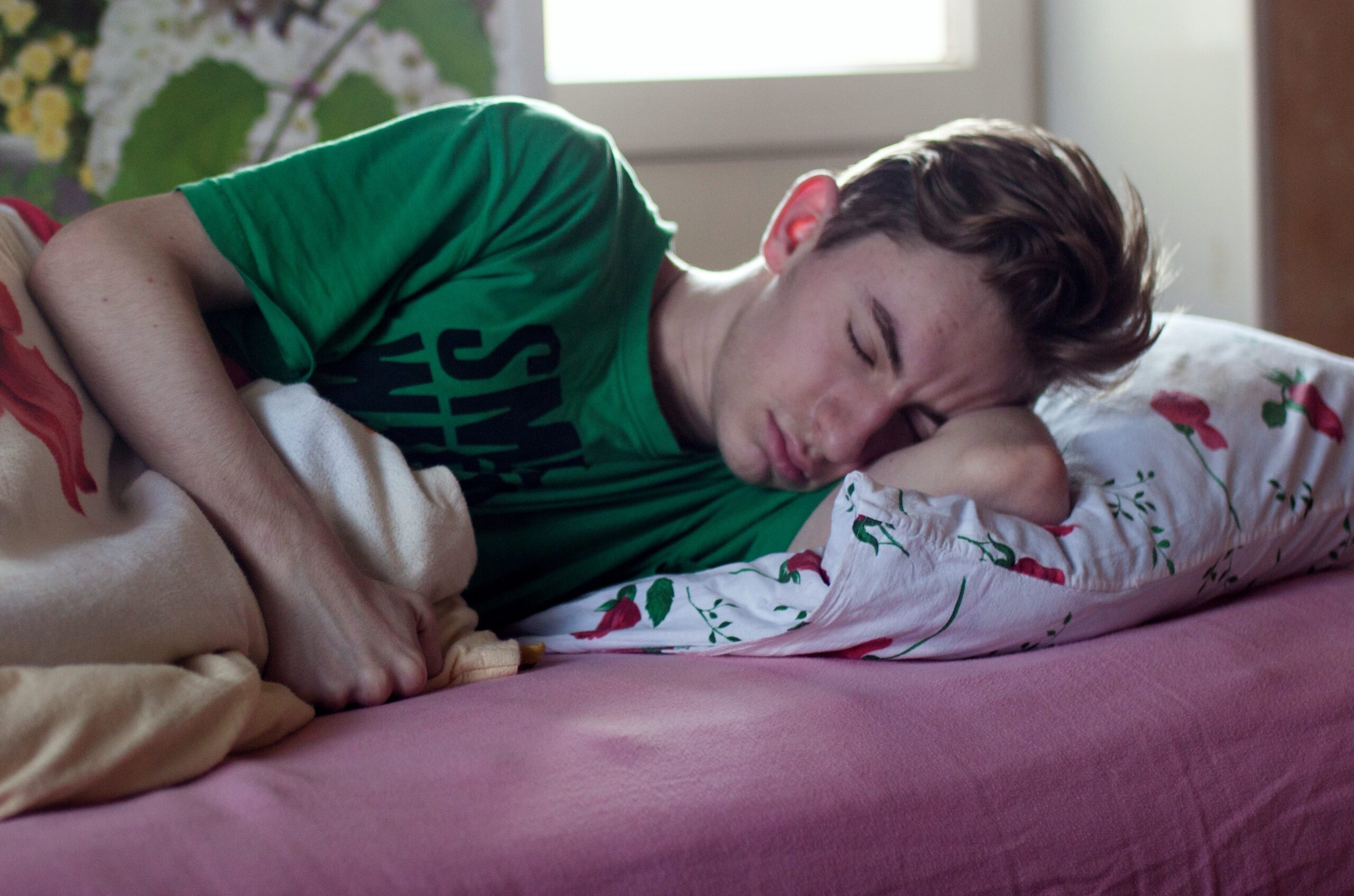Improving Your Sleep Hygiene

Sleep deprivation affects mental health and individuals with depression, Attention-deficit/hyperactivity disorder, anxiety and other conditions are more likely to have sleep disorders like insomnia. A good night’s sleep not only increases emotional resilience, it also can help lessen the symptoms of mental health issues.
To establish healthy sleep patterns, expose yourself to natural light in the morning, go outside several times a day for a total of at least 15 minutes and occasionally remove your sunglasses so your brain can register the full intensity of the daylight. Vitamin D, which most individuals get from sunlight, contributes to better sleep, improves mood and strengthens the immune system; and all of these practices also will make you more alert during your waking hours.
Wake up and go to bed at approximately the same time each day. While thirty minutes earlier or later is okay, try not to go beyond that, even during the weekend. View bedtime as a reward and a chance to recharge. (Humans actually build muscle while they sleep.) If you have a hard time quieting your mind, prepare your breakfast for the following day, make a To Do List or write your worries along with one possible solution for each in a journal. Take a warm bath two hours before bedtime, use your thumb to gently massage the pressure point beneath the ball of your foot until you feel calm and restful or count back from 1000 by threes.
Establish an evening ritual, such as reading a chapter of a book. It will teach your body that it is almost time to fall asleep. An hour before you turn in, dim the light sources in your bedroom by powering down all screens. A dark, cool (The optimal temperature is between 60˚ and 67˚ Fahrenheit.) environment is essential for restful sleep. Turn your alarm clock toward the wall to reduce glare and keep you from staring at the time if you have difficulty falling asleep, and consider using the f.lux app, which protects eyes from stimulating blue light at night, earlier in the evening. Putting your phone in airplane mode can help you disconnect and relax, and when you wake up the next morning, you will see only the time and not a barrage of messages.
Keeping a green plant in your room will boost oxygen levels and improve air quality. Fresh scents can help individuals fall asleep more easily so try using a Pillow Mist. A noise’s color is determined by the energy of the sound signal. Pink noise, which is comprised of all of the frequencies humans can hear (both low and high) and exists throughout nature, including heartbeats, rustling leaves, steady rain and wind, contributes to deep sleep. It is available through sound machines, apps or even YouTube.
Sleep monitoring devices and apps allow you to see patterns, including how many times you woke up and the average number of hours you spent sleeping. They can help you discover what you did before particularly good or poor nights of sleep, like journaling or watching television immediately before bed or eating food too late at night etc., and make changes as needed. Many individuals who have problems falling asleep find taking 1 to 5 mg of melatonin 30 to 60 minutes before bed helpful.
During sleep, humans’ brains consolidate memories and process information and their bodies repair themselves. As a result, getting 7 to 9 hours of sleep each night can improve your emotions, energy level, motivation and outlook on life. There are simple ways to increase the amount and quality of time you spend sleeping which range from keeping any naps short (less than 30 minutes) and before 5:00 p.m. to completing exercise three hours or more ahead of your bedtime.